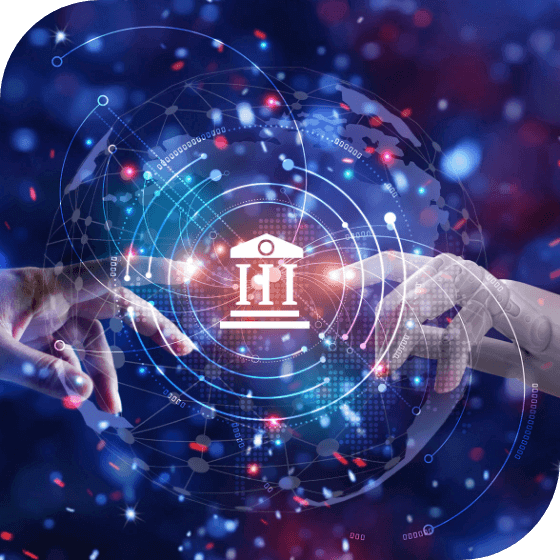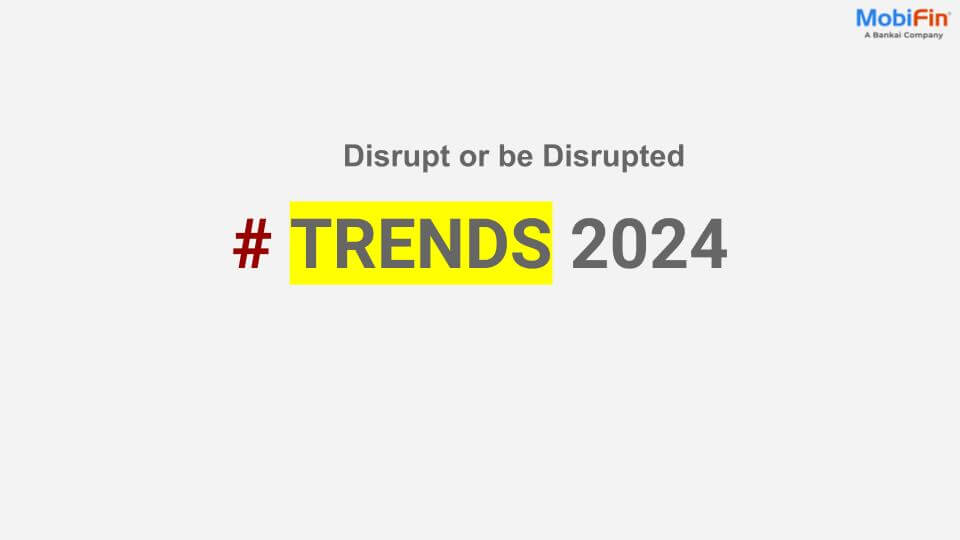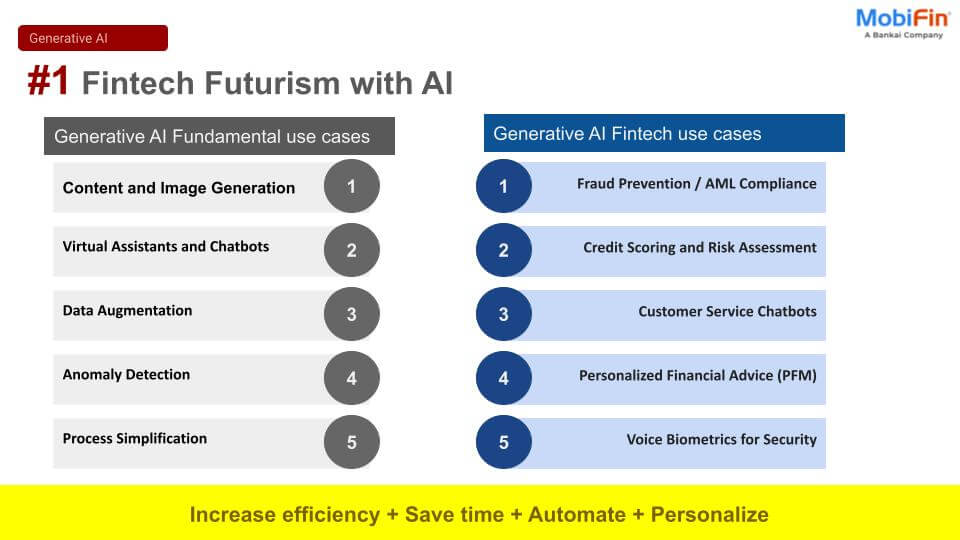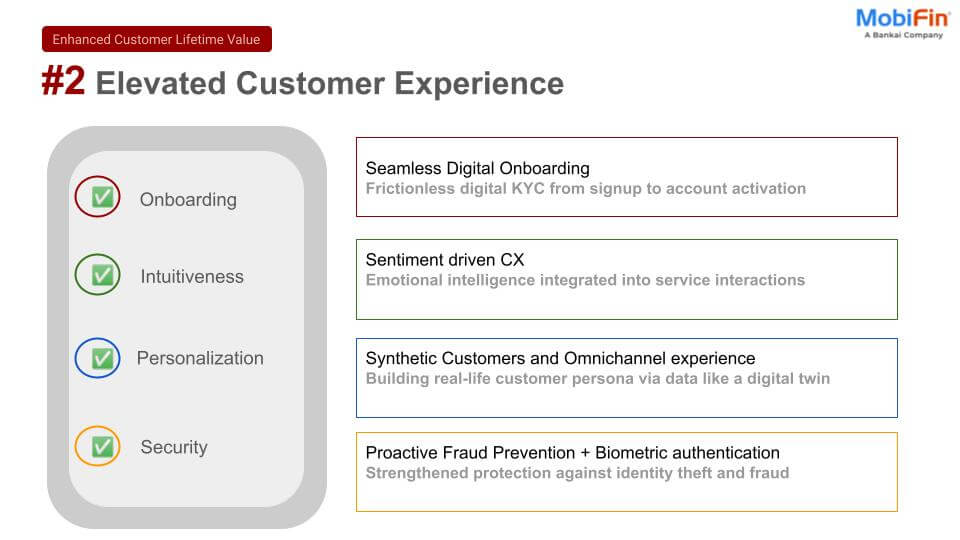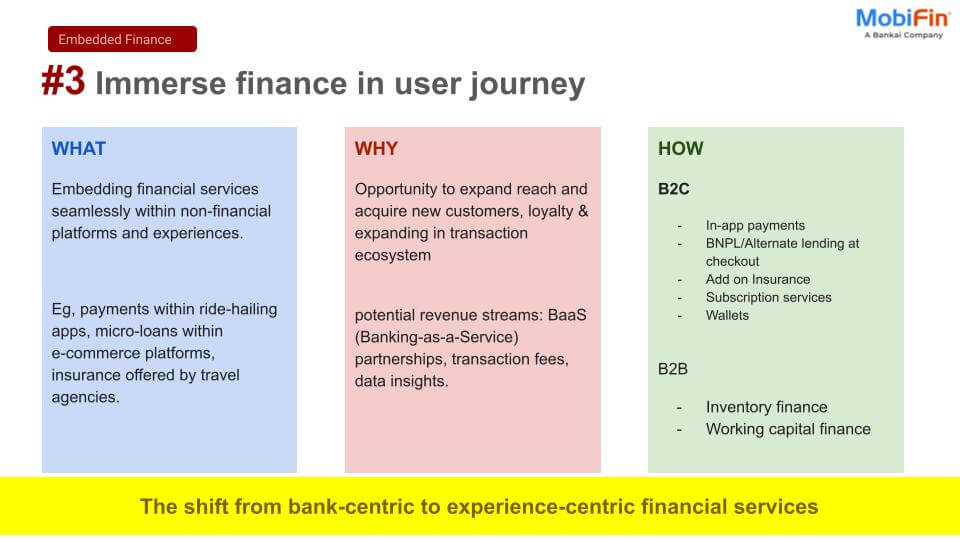AI systems comprise software and data. AI also helps banks deliver a personalized experience for banking services, whether they are for customers or employees. Therefore, several banks are now adopting AI technology and reaping great rewards, including reducing operational costs and time and increasing revenue over time.
Uses of AI in Banking
In recent years, AI has increasingly replaced traditional banking processes and is becoming increasingly popular among customer service experiences, but it is also becoming more essential as a tool for banking businesses. Now, many banks are making creative strategies using AI technologies that tap customer demands and thus increase their brand in the market. AI improves overall banking service and operational performance.
It rapidly finds out user behavior and assists to run the business as per their requirements. Also, user behavior patterns are obtained using AI and predictive analytics for better service. AI is helpful for securing data collection and processing. AI is already being adopted in many well-known banking applications such as Chatbots, Cyber security and fraud detection, loan and credit decision system, AML, Customer credit rating systems, etc.
The Banking and Finance Sectors are Transforming by Adopting AI Technique
AI has become an important part of our daily lives, products, and services. iBanks have already begun combining this technology into their products and services. The global banking organizations are investing and discovering new ways of doing business using data analytic solutions developed by AI and ML techniques. Banks and financial organizations can change the customer experience by enabling frictionless, 24/7 customer interactions using AI techniques.
AI is not only a leading analytical solution but also a way to change the way customers interact with services provided by the bank. AI technology brings the advantage of digitization to banks and helps them meet the competition posed by FinTech players. Many financial solution providers globally are already using AI technologies like predictive analytics, voice recognition, data analysis, KYC document verification, face matching, etc.
AI is the future of banking organizations, as it brings the power of the latest data analytics to fight fraudulent transactions and improve security compliance. AI also helps in AML (anti-money laundering) checksum execution on data to trace fraudulent transactions and prevent them to perform. AI also helps banks to cost reduction, sales, revenue improvement, or business risk mitigation.
AI Application Interface uses in Banking and Finance
Data Analysis
In banking software, millions of transaction records generate every day, data analysis is important for the decision-making system in a bank. AI algorithms help to analyze, and structure data based on a set of rules and provide MIS reports for management. AI-based solutions can help in efficient data collection and analysis and improve the overall end-user experience. The analytical data can also be utilized for detecting fraud or making credit decisions.
AI Chatbots
AI Chatbots are programs that replicate human-like chats using natural language processing (NLP). AI chatbots are becoming progressively valuable to organizations for automating banking processes such as customer service, customer support, etc. Providing a better customer experience is very important for banking service providers. To achieve the best customer service, many banks are using AI chatbots that assist to understand and respond to customer queries.
AI chatbots allow banks to offer 24×7 customer service, removing agents’ time to concentrate on complex problems, and lowering support costs. AI chatbots record the usage pattern of a particular customer and analyze their behavior then understand the requirements of the user efficiently. AI removes the need for customer relationship managers and financial advisors for routine customer expectations.
Security and Fraud Detection
In the banking system, millions of digital payment transactions are processed daily by payment systems i.e., withdraw money, deposit checks, pay bills, and do more via apps or online channels. There must be an AI-based fraud detection system to prevent fraudulent transactions over the channel. AI can guide banks to improve the security of online financial transactions, track the loopholes in their systems, and lessen risks over the online channel without manual intervention.
AI-based fraud detection algorithms replace the old rules-based fraud detection system. The AI system takes a lot of important decisions while routing some of the cases to human analysts for more analysis. AI can also guide banks to manage Cyber threats over various online and offline channels.
Risk Management
AI play a major role in risk management in banking, it can efficiently detect risks and minimize fraudulent activity. AI tools scan every transnational data to identify irregular behavior patterns of users, if found any irregular behavior patterns then take a crucial decision over it to mitigate the risk. Hence, AI tools in banking and finance protect the banking business from unexpected breaches.
Loan Credit Rating
AI algorithms can be configured to monitor the financial and non-financial parameters of all borrowers in the portfolio. An AI-based loan and credit system can focus on the behavior and patterns of customers with little credit history to determine their creditworthiness and generate their credit rating. Also, the systems raise early warnings when the possibility of risk has increased due to tangible inputs.
Banking Regulatory & Compliance
The banking sector is the most highly regulated in the world. AI tools analyze all data based on regulatory compliance parameters, and if any false findings are found, the systems raise an alert to the bank. AI eliminates the manual process of regulatory compliance.
Customer Service Management
As we accelerate into a digital world, the understanding of customers’ banking patterns online and segmenting them based on their preferences to predict and serve them banking services accordingly. An AI algorithm can be used for customer service management, personalized customer communication, evaluation of customer behavior, and predicting consumer trends and patterns.
AI-Based Decision System
AI play the lead role in the decision-making system for bank management by providing analytical MIS report based on analyzing large data. AI changes the whole way of working by making decisions based on data science algorithms. In the banking sector, AI tools give employees and customers more space to make faster and more relevant decisions.
Wrapping Up
AI will not only enable banks by streamlining their knowledge workforce but also make the entire automation process intelligent enough to eliminate cyber risks and competition from FinTech players.
AI is integrated into the bank’s processes and operations and evolves and innovates over time without requiring significant manual intervention. AI will allow banks to leverage humans optimally and machine capabilities to drive operational and cost efficiencies and provide personalized services.
All these advantages are no longer a pipe dream for banks to realize. Leaders in the banking sector have already taken precautionary measures to reap these benefits by implementing AI.





